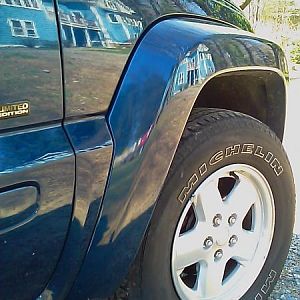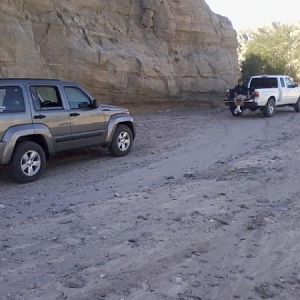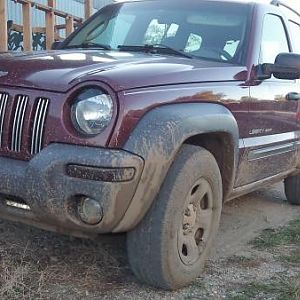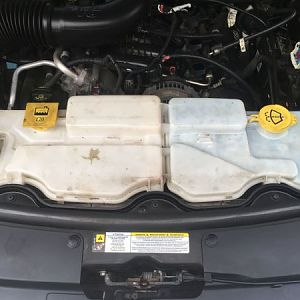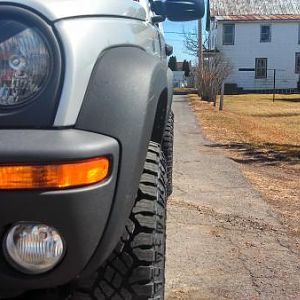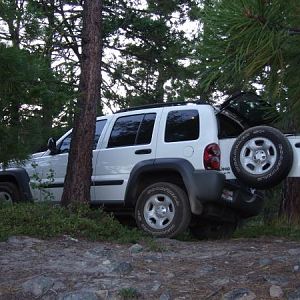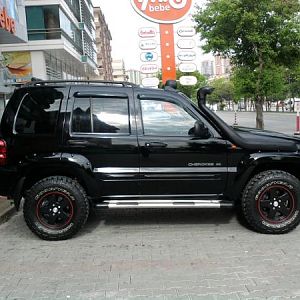isnt there a bearing in the water pump? if that bearing was shot the increased drag could decrease mileage.. then the new free pump would result in increased mileage.
Yes, it could and gas mileage loss vs. gas mileage gain from old/new waterpumps is probably largely a wash.
My waterpump was about as bad as it could get... so bad, it assploded all over my engine. I saw no statistically significant change in gas mileage either way.
To test gas mileage theories in non-laboratory conditions, you have to track it for a long period of time for trend observations, plus add in 100's of other variables.
For instance, some variable that apply to me:
During summer, my commute changes due to my daughter's school/summer schedule.
Warmer weather in general will give you slightly better mileage especially on shorter trips.
Summer winter gas formulation.
Oil changes.
New/old tires and wear over time.
Tire inflation changes between summer/winter.
Spark plug wear.
More highway trips made during summer than winter.
Vehicle continuing to age.
Sticky brake caliper replaced.
Voluntary changes in my commute: I'm no longer feeling Ambaum blvd, so I'm going to take Marginal Way via 509, unless I'm not taking my daughter to school, then I'll stick to Ambaum, unless I choose the 509 to Roxbury via South Park because I like it when the wind blows my tasteful blonde highlights. leghump.gif
Pinning changes (for the worse or for the better) in gas mileage on any one thing is very difficult to do, which is why the best way to do it is in laboratory conditions:
Put vehicle on closed circuit. Measure for temperature, wind speed direction etc.
Run vehicle on closed circuit at precise speed for given amount of time.
Repeat several times, and calculate mileage as average.
Make change to vehicle/engine/tires whatever.
Measure for temperature, wind speed direction etc.
Run vehicle on closed circuit again at same precise speed for given time.
Compare mileage. Loof for
statistically significant changes and report with any changes in ambient temperature, wind speed, direction etc.


